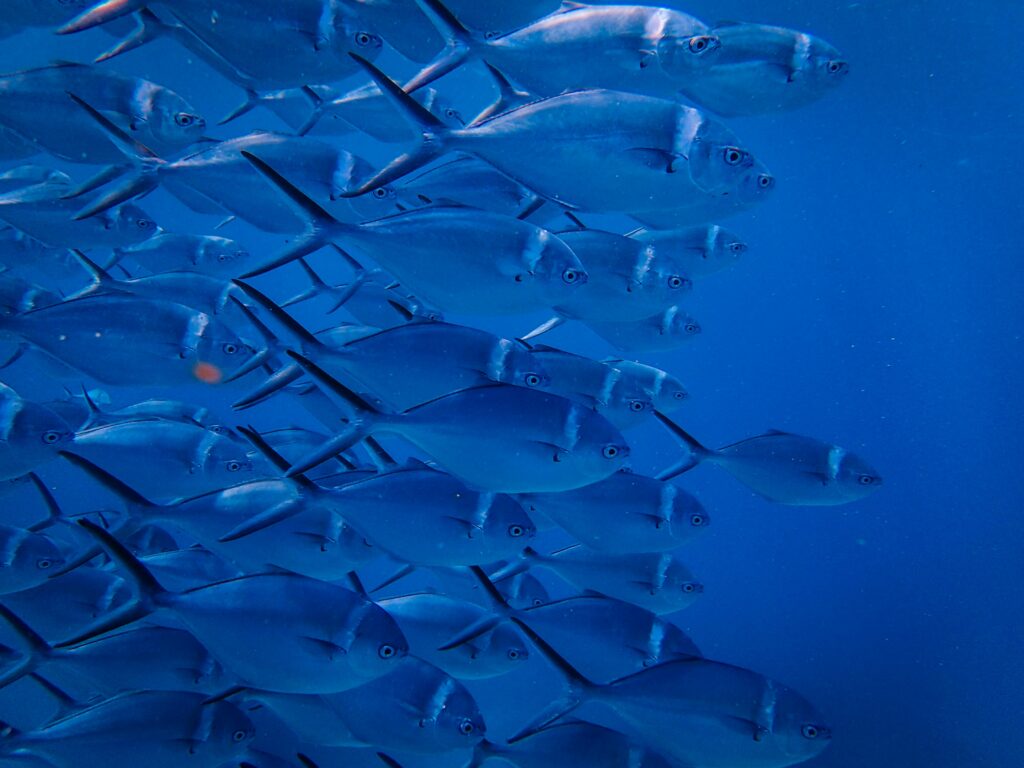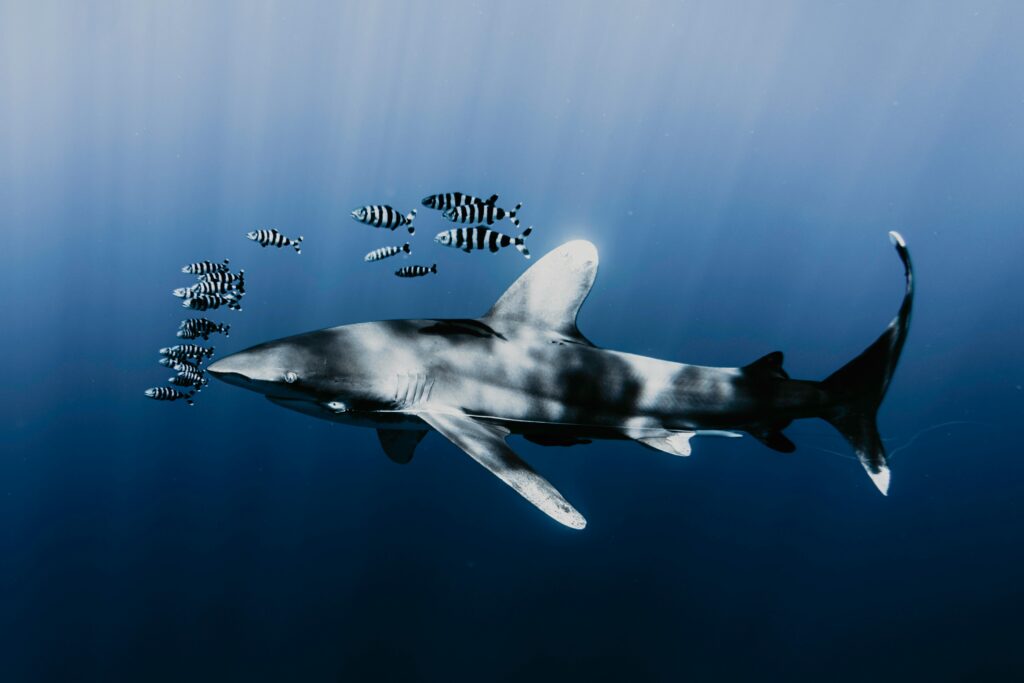Fish can be considered some of the most interesting creatures on this planet. They, after all, live in the water, have scales, and breathe with gills. However, still, many people ask, “Are fish animals?” The simple answer is that, yes, fish are animals. In the text below, let us delve deeper into what makes these fish animals and further explore the characteristics of these living beings.
The following guide will provide basic explanations to answer frequently asked questions about fish, as well as draw attention to some peculiar features that distinguish fish from other animals.
Why Are Fish Animals?
Fish are animals, insect are also animals and animals happen to be those living things that can move around, consume, and increase in size. Animals can be categorized into vertebrates or invertebrates. Vertebrates are animals that have a spine. There are numerous living things that are vertebrates, and being so, they need nutrition, oxygen, and energy for survival.
Animals share many common traits. Such shared characteristics include the capacity to respond to their surroundings, reproduction, and the ability to adapt over time.
Classification of Fish
There are thousands of species of fish and they come in many different shapes and sizes. Fish can be broadly categorized into three types:
Bony Fish, or Osteichthyes: The most common type, they have a skeleton made from bones. Examples of Bony Fish are salmon, tuna, and goldfish.
Cartilaginous Fish, or Chondrichthyes: These fish have skeletons formed from cartilage. The most common examples of these are sharks and rays.
Jawless Fish (Agnatha): These are some of the oldest varieties of fish in existence. Lampreys and hagfish come under this category of jawless fish.
Essential Characteristics of Fish

Fish have various characteristics that make them survive in water. Let’s take a few examples of these most important features.
Gills for Respiration
Unlike the land animals, fish do not have lungs. They breathe using gills where they extract oxygen from the water. This is one of the distinguishing factors of a fish from any land animal.
Scales as Defense Structures
Most fish have scales to cover their bodies. The scales are mostly smooth and slippery; hence fish move smoothly within the water.
Fins as Locomotion Structures
Fish swim and maneuver themselves in the water using fins. Each fin is designed to accomplish specific purposes, including swimming speed, balance, and steering.
Cold-Blooded
Fish are cold-blooded animals. The temperature of their body depends on what the surroundings dictate. This gives them the capacity to cope with varied types of water conditions.

Frequently Asked Questions about Fish
Q: Are fish mammals?
A: No. Fish are not mammals. Mammals are warm-blooded; they have fur, while fish are cold-blooded, having scales.
Q: Do fish feel pain?
A: According to science, fish have pain receptors and feel pain too.
Q: Can fish live in saltwater or fresh water?
A: Some fish, like salmon, can swim about in salt water also as well as freshwater, but most of the fish are adapted to live only in one or the other.
Q: Do fish sleep?
Q Fish, as you know, do rest, but they do not sleep like humans do. They enter a state of relaxation in which they remain alert to dangers that lurk around.
Q How do fish reproduce?
A Most of the fish reproduce through egg-laying. However, a few give live birth, such as sharks and guppies, among others.
How Fish Are Different from Other Animals
Some species of fish have some peculiar characteristics that set them apart from other animals. Some mammals and birds are warm-blooded, while fish are cold-blooded. In other words, the body temperature of a fish depends on the water where they live. Second, fish have gills, whereas land animals have lungs and breathe air.
Another difference is how they reproduce : whereas mammals are viviparous, fish lay eggs. Despite these differences, however, many of the basic processes of life that animals exhibit, such as growth, movement, and feeding, are shared by fish.
Fish in the Animal Kingdom
Fish are one of the oldest creatures that have evolved. They existed on earth more than 500 million years ago. Being vertebrates, fish have a very close relationship with other backboned animals, such as amphibians, reptiles, birds, and mammals.

Classification of Fish
Classification of fish comes under phylum Chordata. All such animals that at some stage in their lives have a notochord fall in this phylum. Fish also have an advanced nervous system as well as inner organs.
Role of Fish in Ecosystems
When in an aquatic ecosystem, fish is an integral component that helps to maintain balance. There are certain food components. Some are smaller organisms, while some are larger predators, like sharks, which prey upon fish.
They also keep water bodies clean. For instance, some species of fishes feed on algae. This prevents lakes and rivers from getting overgrown. If fish were not in such ecosystems, they would get very unhealthy and lose their balance.
Relationship of Humans to Fish
Humans are the closest of all species to fish. For decades, fish has been a source of food: it provided important nutrition to people in the form of protein and omega-3 fatty acids. It has also become one of the important economic activities globally.
Apart from being a human source of food, fish are helpful in sport fishing and aquarium keeping. Many people find it joyous to see fish and know more about their behaviors.
Fish Species Conservation
There are several endangered fish species that result from human activity. Overfishing, pollution, and climate change are amongst the greatest threats responsible for harming fish populations. Some species are near extinction due to the fact that their populations are excessively hunted, such as the case of the bluefin tuna.
Conserve the Fish and Their Habitat Conservation efforts are in place, from protecting the fish itself down to protecting its habitat. Sustainable fishing practices, protected marine areas, and pollution reduction are just some of the initial steps in helping ensure the preservation of the fish populations for future generation

FAQs on Fish and Their Environment
Q: Why are some of the fish endangered?
A: Major causes of fish endangerment include overfishing, pollution, and destruction of habitats.
Q: How do fish help the environment?
A: Fish regulates the balance of aquatic ecosystem by regulating algae and acting as a food source for larger predators.
Q: Can fish survive in water pollution?
A: Some fish can tolerate low levels of pollution, but most species cannot survive in high polluted environment.
Q: How do fish adapt to changing water temperature?
A: Fish change their habits as well as metabolic rate to adapt with an increase or decrease in water temperature.
Q: How to save the fish species?
A: Here are a few suggestions on what one could do to save the fish species: support sustainable fishing, reduce the entrance of plastics into the ocean, and protect marine habitats.



















